I think I know the pumping lemma and was told that Myhill-Nerode is a very elegant way to show that something is regular or not regular. But I am having a lot of trouble with it. Take this for example:
 = {0k, k = 2n, n >̲ 1}
= {0k, k = 2n, n >̲ 1}
My language is the repetition of 0 to a length that's a power of 2. I want to use the Myhill-Nerode to show that this is either regular or not regular. Is it possible?
I know how to set this up to resemble other Myhill-Nerode looking proofs but I don't understand the equivalence concept that much.
I could say that I have some  and
and  where
where  ≠
≠  and both are of the form 2h and
and both are of the form 2h and  , I then define
, I then define  ,
,  and
and  so that:
so that:
 = 0j/2
= 0j/2
 = 0p/2
= 0p/2
 = 0j/2
= 0j/2
Where 
 = 0j/20j/2 = 0j is in my language since
= 0j/20j/2 = 0j is in my language since  is of the form 2n, however
is of the form 2n, however 
 = 0p/20j/2 is not guaranteed to be in my language for every p and j, since
= 0p/20j/2 is not guaranteed to be in my language for every p and j, since  ≠
≠ 